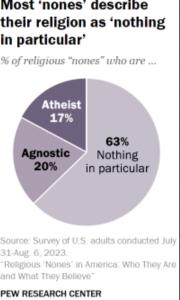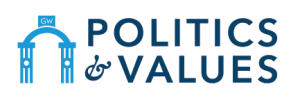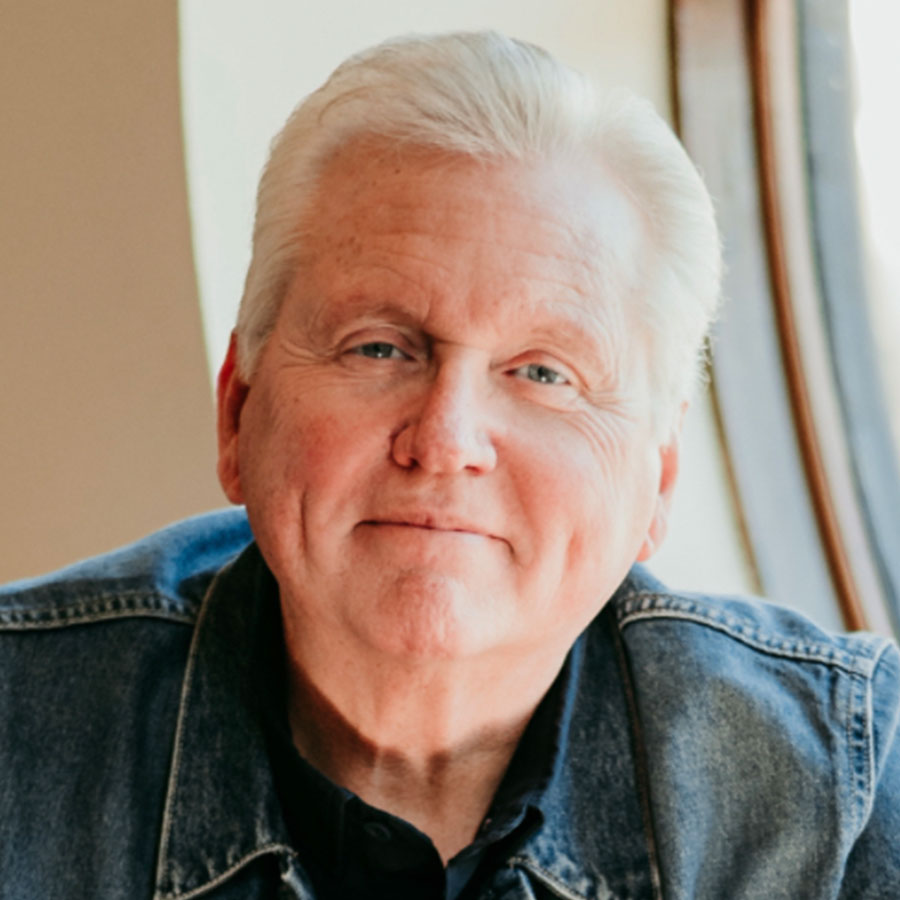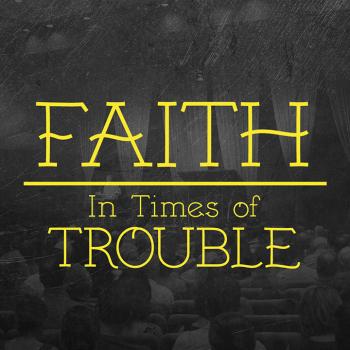
In recent years, there has been a notable surge in the number of individuals identifying as religious “nones.” This phenomenon reflects a growing trend where people are distancing themselves from traditional religious affiliations. In this article, we will explore the reasons behind the religious nones increase and its societal implications.

Understanding the Term “Religious Nones”
The term “religious nones” refers to individuals who do not identify with any specific religious affiliation. They might describe themselves as atheists, agnostics, or simply as having no religious preference. This demographic has seen a substantial increase in recent years, challenging the long-standing dominance of organized religions.
Shifting Cultural Landscape
One of the primary drivers behind the rise of religious nones is the evolving cultural landscape. Societal values and norms are changing, with an increasing emphasis on individualism and personal autonomy. As a result, many individuals are reevaluating their beliefs and choosing to forgo traditional religious structures.

Influence of Technology and the Increase of Religious Nones
The digital age has ushered in an era of unprecedented access to information. With the internet providing a platform for diverse perspectives, individuals are exposed to a wide range of beliefs and worldviews. This exposure often leads to a more critical examination of one’s own beliefs, contributing to the rise of religious nones.
Millennial and Gen Z Trends
Demographic shifts also play a crucial role in the increase of religious nones. Millennials and Generation Z, in particular, are more likely to question traditional norms and seek alternative spiritual paths. This generational shift is reflected in surveys and studies that consistently show a higher percentage of young adults identifying as religious nones compared to previous generations.

Religious Nones and Dissatisfaction with Organized Religion
Many individuals leaving organized religion cite dissatisfaction with the institutional aspects of faith. Instead of hearing about love and authenticity, issues such as perceived hypocrisy, rigid doctrines, and controversies within religious institutions contribute to a sense of disillusionment. As a result, people are choosing to distance themselves from organized religion, contributing to the overall increase in religious nones.
“Nones” and the Rise of Spirituality
While religious nones may reject organized religion, there is a simultaneous increase in spirituality. Many individuals are adopting a more personalized and eclectic approach to spirituality, drawing from various traditions and practices. This shift highlights a desire for a meaningful connection with the divine or a higher purpose without subscribing to traditional religious frameworks.

Economic and Educational Factors
Economic and educational factors also influence the rise of religious nones. Higher education levels are often associated with increased secularism, as individuals with more education tend to question and explore diverse perspectives. Moreover, in economically developed societies, where basic needs are relatively met, there is often less reliance on traditional religious structures for support.
Religious Nones and Their Impact on Society
The increase in religious nones has far-reaching implications for society. Traditional religious institutions may face challenges in maintaining their influence, and this shift can impact political, social, and cultural dynamics. Understanding these implications is crucial for policymakers, educators, and religious leaders alike.

Political Landscape and Values
The rise of religious nones is reshaping the political landscape. With a more diverse array of beliefs, there is an increased focus on secular values in policymaking. Issues related to religious freedom, ethical considerations, and














